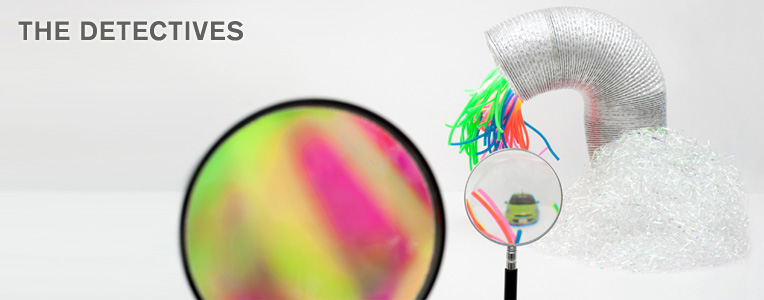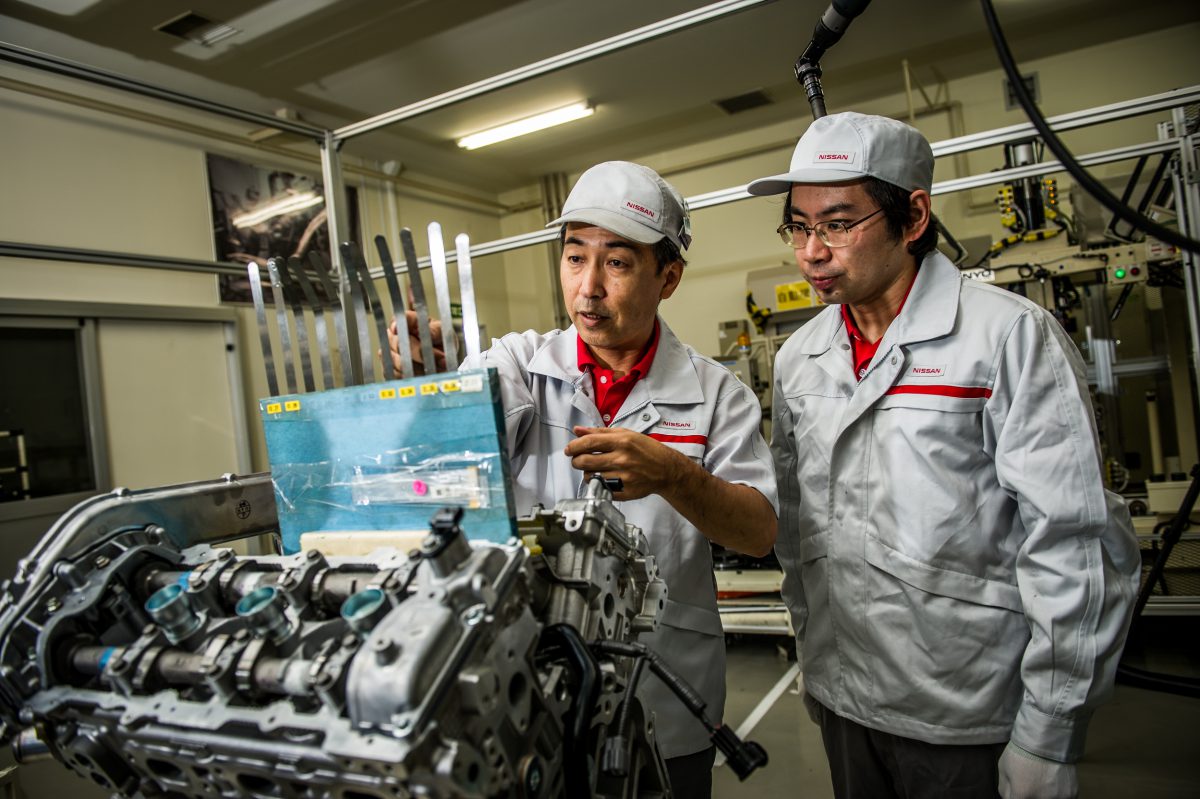Global Nissan Quality Control Center
26/10/2020
At 7 Nissan quality control centers around the world, engineers are working non-stop to find and handle even the smallest defects, contributing to ensuring the perfect operation of Nissan vehicles.

If you have the opportunity to enter the Nissan Quality Control Center Global, you will see an impressive exhibition showcasing more than 30 defective parts or parts of Nissan vehicles. The opening of the show to everyone showed the transparency and determination of Nissan in improving and preventing any similar errors that might occur in the future.
No one wants a car to fail right out of the box. However, the more important thing is how to quickly and efficiently handle the problem, moreover to ensure new batches of cars will not repeat the same problems.
When a faulty car is sent to the center, experts will immediately focus on researching and solving the problem. These special "detectives" will take turns giving detailed judgments to find out the real cause of the error. The defective parts are then placed in a real car and reproduced in the most authentic way. The specialists at the center will coordinate with the supplier, the product development department, and the factory production room to find out the cause and give the best treatment solution.

Experts focus on checking to make sure not to miss even the smallest error details
The process of continuously asking “Why” questions is called “Field Tree Analysis (FTA). Today, the FTA model is run on computers. However, in the past when these “tree models” were made on paper, it could span several tens of square meters.
Experts also ener problems that seem impossible to handle at times, such as the case of a car sent South America having trouble starting the vehicle. This model is manufactured in Asia and has been exported to many ries around the world, but they appear to be defective in only one market. So the problem is? What is the root cause of this difference?
It turned out to be rainwater. The sound of the wipers moving when it rains doesn't seem to have anything to do with the start mechanism, but damage the system diodes, rendering the engine inoperable.
Much like how a "detective" investigates a case, experts must assess all possibilities of even the smallest detail, while simultaneously coordinating with departments and suppliers. related to finding the cause of the "utopian" errors like the above example.
In Japanese, "kaizen" has become a common standard and has even been raised to a "global philosophy" for continuous improvement. Experts at Nissan's seven FQC quality control centers around the world keep in mind that there is no final destination for their Kaizen process because the ultimate goal is to ensure the cars are completely built. best. To achieve this goal, the "detectives" will always search for the "culprit" and handle it carefully so as not to miss any cases. At FQC, experts believe that the efforts and the best efforts they are giving every day are the key to reinforcing customer confidence with the Nissan brand in general and the classy products and services. of Nissan globally in particular.





